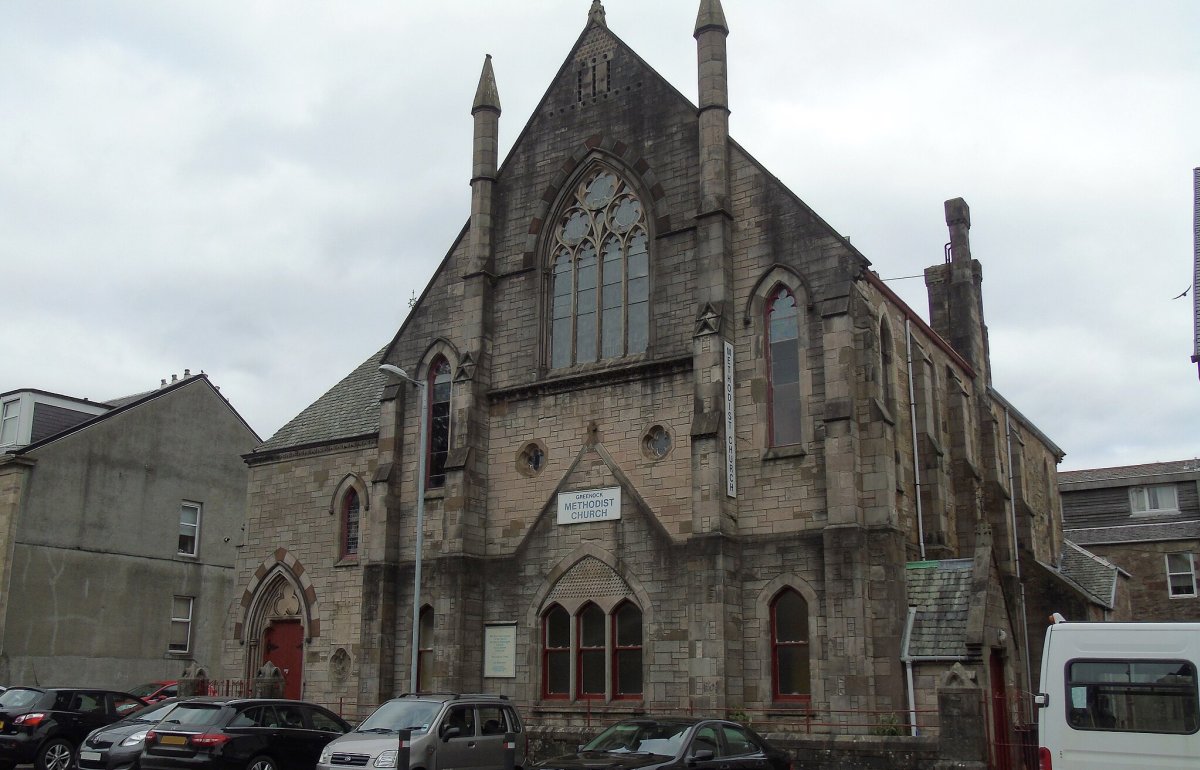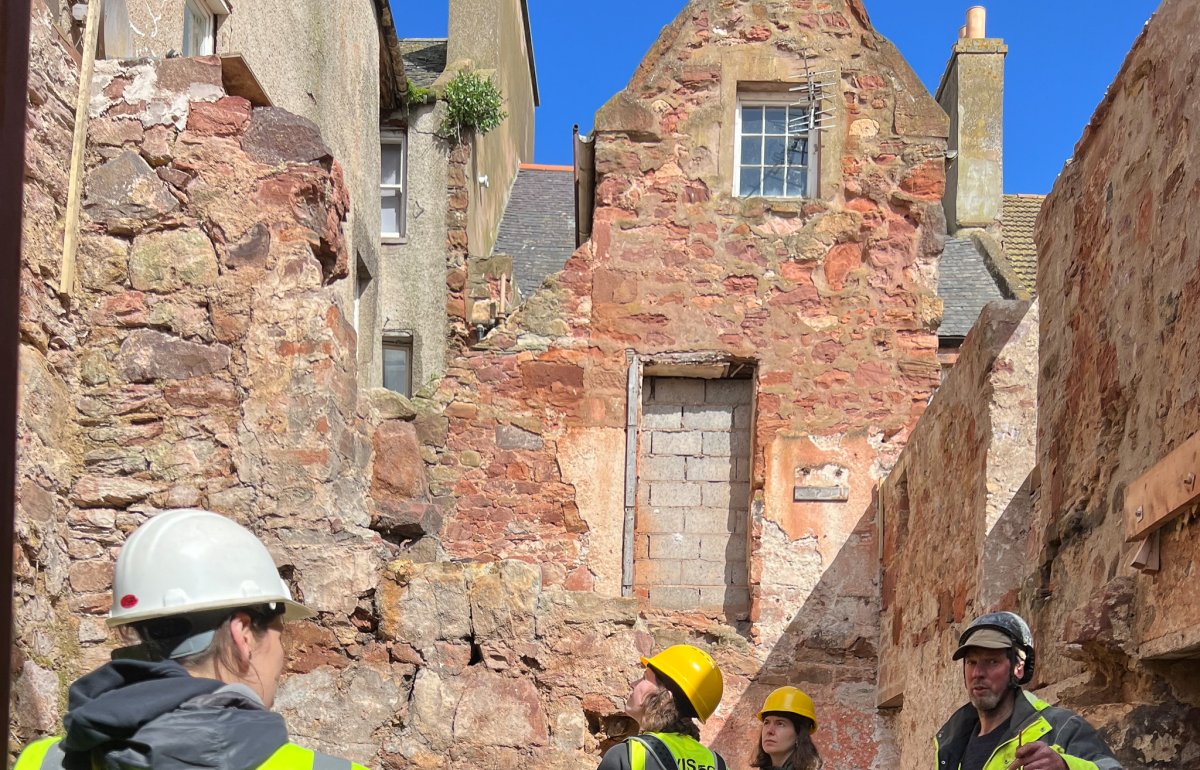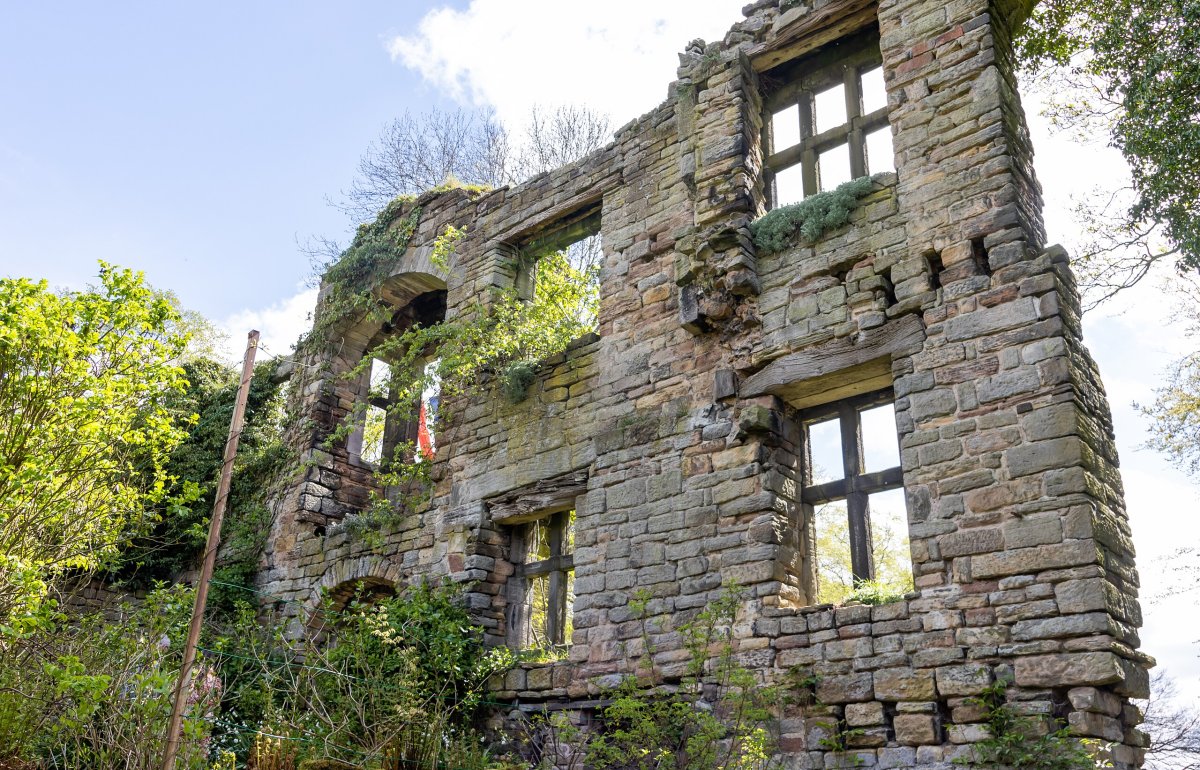SPAB Scotland goes to Dublin
Share on:
The SPAB is active in Scotland and Ireland and we're so lucky to have dedicated volunteers who work hard to raise awarness and organise events for local members. SPAB Scotland officer Grace Connelly reports from a weekend meeting Irish allies.
Over a weekend in July, members of the SPAB Scotland committee went to Dublin to meet with the SPAB Ireland committee. The aim was to discuss ways in which we could further the SPAB Mission and Vision in Ireland and Scotland, as well as how best to engage and look after SPAB members in both countries.
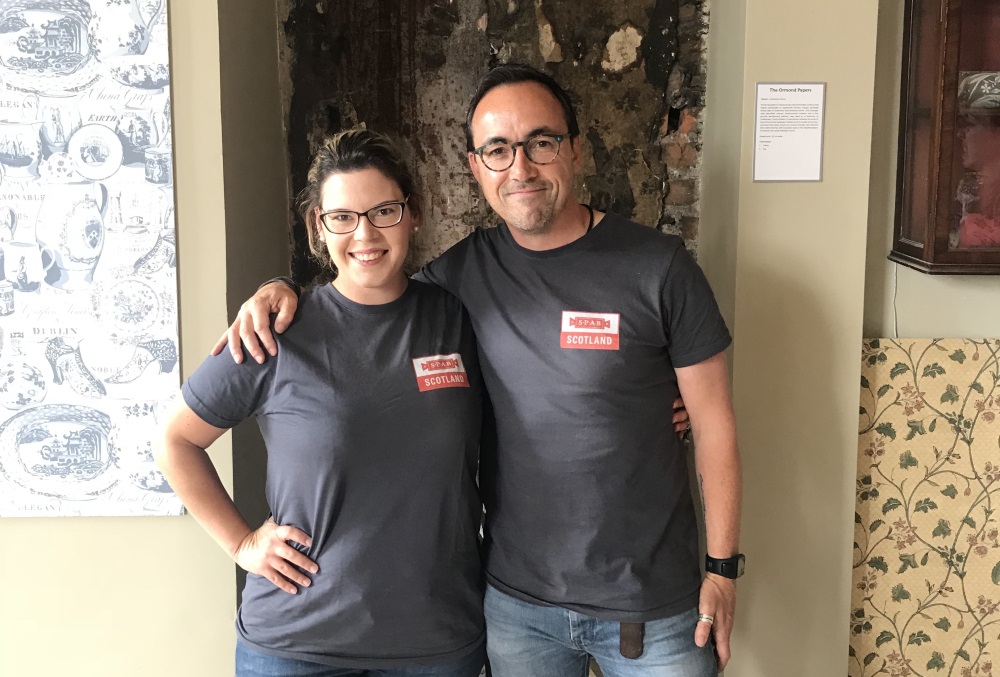
Our weekend began with a meeting held at Dublin Civic Trust’s recently-renovated 18 Ormond Quay, a building dating back to 1742 that has been expertly repaired from complete dereliction. The informal meeting provided members of both committees with an opportunity to openly discuss exciting new ideas and initiatives. We then began an informal walking tour, led by SPAB Ireland committee members. Our first stop was a private tour of the Smock Alley Theatre given by John O’Keeffe, who managed the renovations. The building was constructed in 1735 on the site of a theatre built in 1662. After a period of prosperity, the theatre struggled to compete with growing competition in Dublin, and following the multiple stages of occupation and abandonment by different managers, the Theatre Royal at Smock Alley closed its doors for good in 1787. Between 1811-1815, the partially-derelict building was heavily altered and renovated to become St Michael and John's Church. In 1989 the building was deconsecrated whenthe site was absorbed as part of the Temple Bar regeneration scheme. The fluctuation from secular to ecclesiastical to secular, contributes to this building’s unique architectural character. The architect's designs for the current site, the once-again active Smock Alley Theatre, incorporate the history and development of the buildings, attempting to showcase the story alongside creating a suitable space for modern theatre productions.
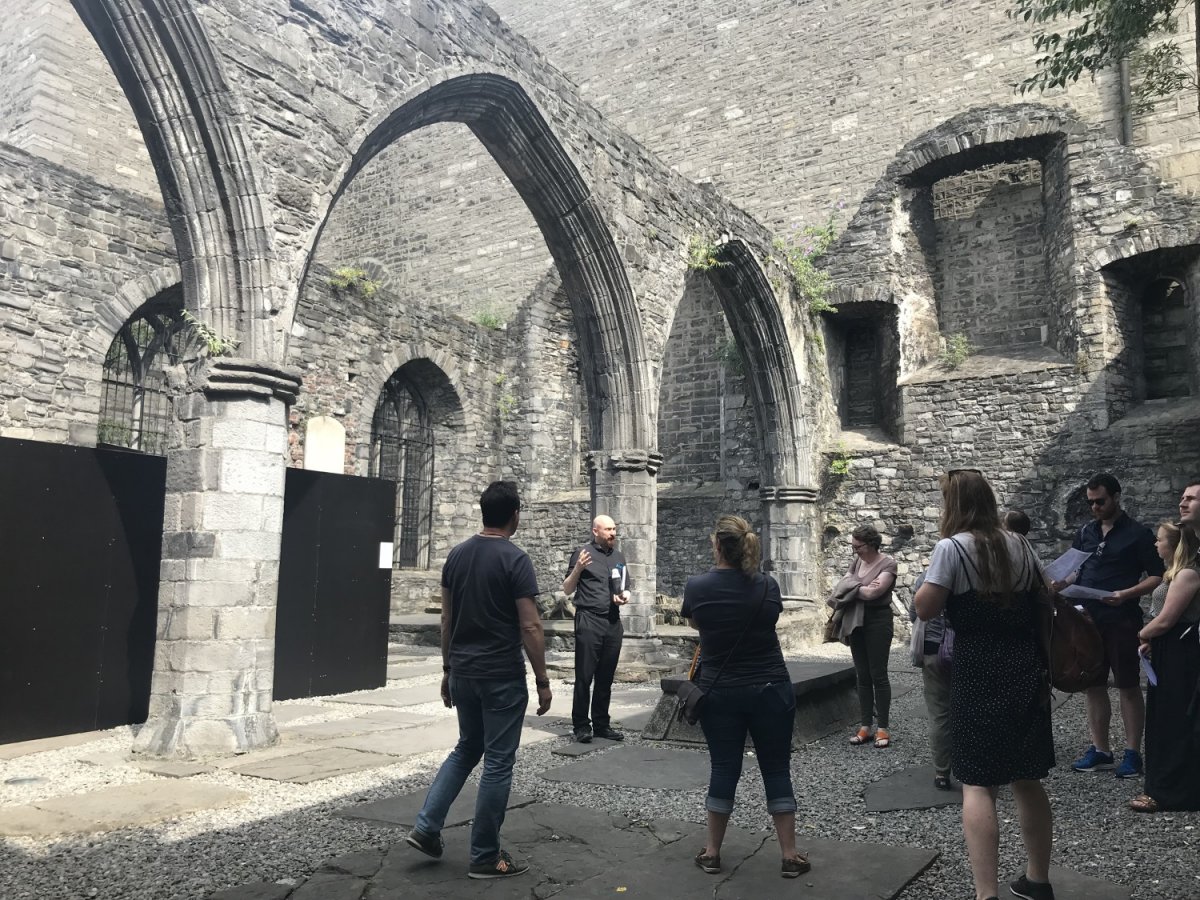
Following a lovely lunch, we continued our tour, taking in many interesting sites, such as The Tailor’s Hall, 130 Thomas Street and St. Patrick’s tower, and the committee members’ experience working on some of them. Upon arriving outside the Pearse Lyons Distillery, a hearty debate ensued about the design of the glass spire on St James’ church. The main concern appeared to be the maintenance of the glass owing to the popularity of the spot with the local pigeons... We concluded the day with a communal dinner and a tour of the best local pubs.
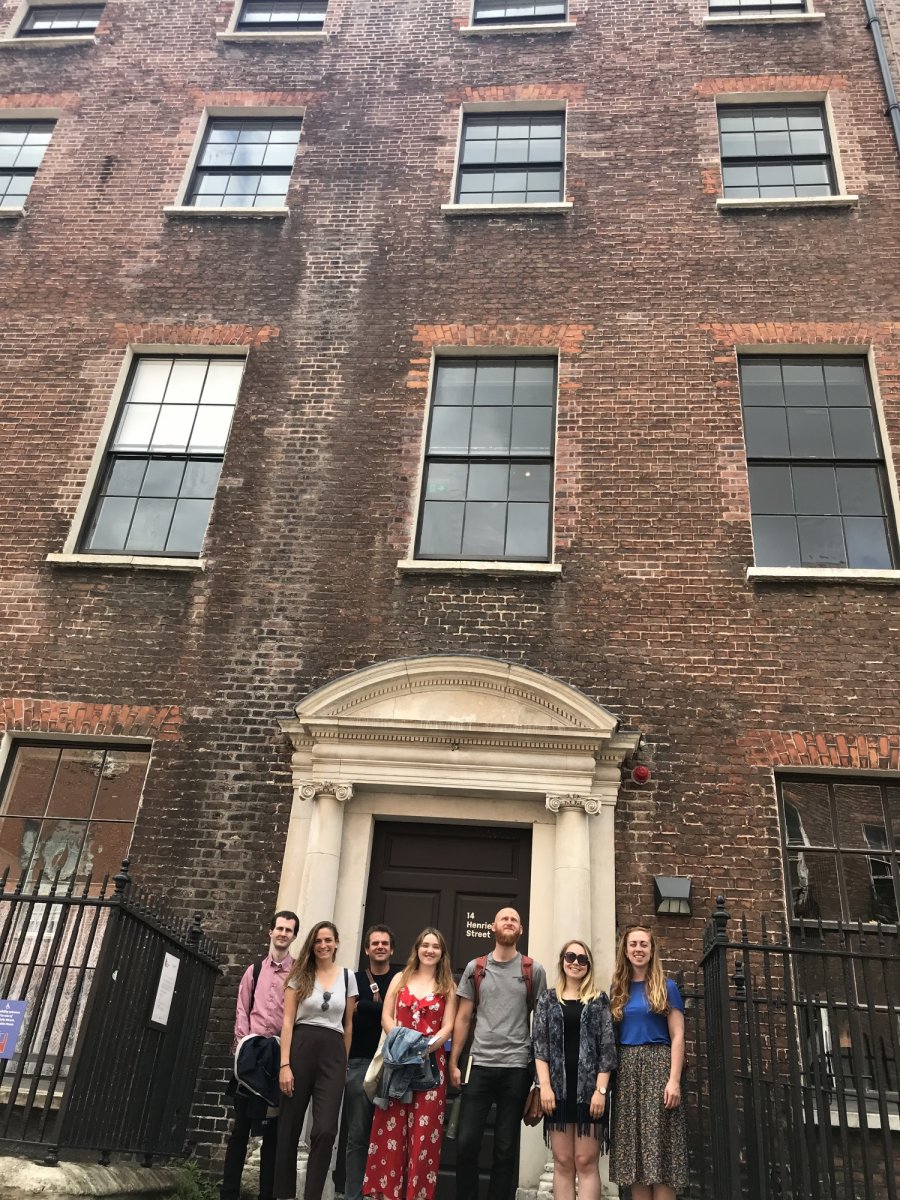
On the Sunday, we continued our walking tour, discussing sites such as the Four Courts, the Green Street Courthouse, and the beautiful Victorian fruit and vegetable market building. At midday, we began our tour of the Dublin tenement museum at 14 Henrietta Street. The fascinating tour brought us through each period of the building's occupation, enhanced by the showing of documentary videos, which displayed images, clips and recollections of the building throughout the last one hundred years. The careful and exceedingly minimal renovation of this site enabled visitors to see how the building developed from a grand Georgian townhouse, into an intensely overcrowded tenement building split into over seventeen flats, which housed up to one hundred people. We concluded our tour at Trinity College, discovering more about how the large site in the heart of the city developed as the university grew.
Members from both the committees felt they learnt a great deal about Dublin and of Ireland’s religious and social history.
Furthermore, the ability to discuss both committees' strengths and struggles was incredibly helpful and we hope it will help in our desire to further awareness of the Society in Ireland and Scotland. Particularly, SPAB Ireland’s inventive ideas for events have inspired members of the Scottish committee to think outside the box when planning the events programme for 2020. We hope to continue to communicate with the Irish committee and establish regular collaborations via social media, events and meetings.
Read more about SPAB Scotland and SPAB Ireland.
Sign up for our email newsletter
Get involved

